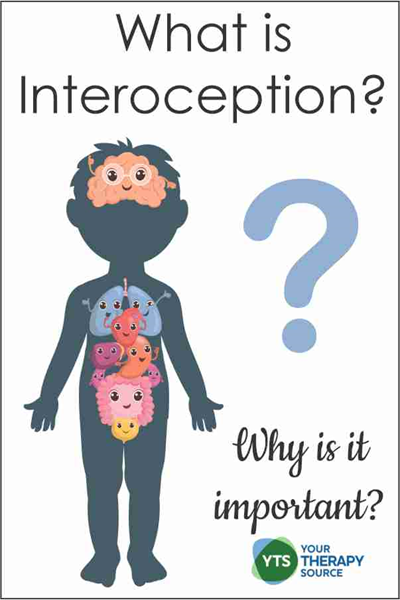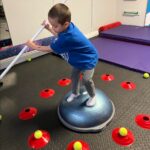Self-Regulation Strategies
Self-regulation refers to the ability to manage one’s thoughts, emotions, and behaviors in a way that promotes adaptive functioning and well-being. It plays a crucial role in helping individuals with autism navigate daily life and interact with others effectively.
Individuals can benefit from self-regulation therapies because it helps them manage sensory inputs and emotional responses more effectively. Being regulated helps maintain a balanced state of arousal, which is often challenging for some autistic individuals due to sensory sensitivities or difficulties in processing information.
By establishing a state of regulation, your child can better focus, engage with their environment, and interact with others. Think of it like tuning a guitar before playing it—it ensures that everything is in harmony and ready to produce the best sound possible. Similarly, regulation helps autistic individuals feel more comfortable and capable of navigating their surroundings.
What activities promote self-regulation?
- Sensory Activities – Sensory bins, weighted blankets or vests, fidget toys
- Physical Activities – Swinging, climbing, trampolining, swimming, yoga
- Structured Routines – Visual Schedules and timers.
- Emotional Regulation Activities – Emotions cards, social stories, guided mindfulness and relaxation exercises.
- Communiation Tools – Honor “total communication” using AAC devices, PECS (picture exchange communication systems), Sign Language, Spelling to Communication (S2C) or Letter-boarding, Gestalt Language Processing, hand holding.
- Cognitive Activities – Problem solving games and puzzles to help with executive functioning skills. Create visual maps of thoughts and tasks to aid in organizing ideas to help reduce feelings of be overwhelmed.
It’s important to tailor activities to specific preferences and needs. Consulting with therapists, educators, or other professionals can help in designing the most effective self-regulation strategies.
How Does Occupational Therapy Help with Self-Regulation?
Occupational therapists work closely with children and their families to create a personalized intervention plan that addresses the unique challenges posed by dysregulation.
One of the key strategies used by occupational therapists is the development of a “sensory diet.” This customized plan includes a set of activities designed to provide the sensory input a child needs throughout the day. The goal is to help regulate their sensory system, improving their ability to focus, learn, and engage with their environment.
Building Coping Skills
Through occupational therapy, children can develop coping skills that will serve them throughout their lives. These skills include:
- Self-Regulation: Techniques for managing sensory overload.
- Emotional Awareness: Understanding and articulating their sensory needs.
- Social Skills: Strategies for interacting with peers in a positive way.
Emotional regulation is the ability to cope with situations that cause emotions like stress, anxiety or frustration. Sometimes, people with autism have a harder time regulating their emotions. They may rely on unique self-soothing strategies to deal with intense emotions, and either seek out or avoid sensory stimuli like bright lights, loud sounds and intense smells.

Explore More From Related Topics

Interoception
Interoception is the perception and awareness of internal bodily sensations such as pain, sleep, toileting, body temperature, hunger and thirst cues.

Motor Skills
Purposeful motor skills are intentional and goal-directed movements that enable individuals to interact effectively with their environment.

Self-Regulation
Self-Regulation is important for kids to manage emotions, focus, make good choices, and develop resilence.

Sensory Processing
Sensory processing refers to how our nervous system receives and interprets information from the environment through our senses and how we respond to that information.
Ready to Learn More?
If you’re ready to see how Occupational Therapy can transform the life of your child with autism, we’re here to guide you through every step of the process. We believe in the incredible potential of your child and are committed to providing the support, care, and expertise needed to help them shine brightly.
To learn more about our occupational therapy services or to schedule an initial consultation, contact us today. Together, we can pave a pathway to progress, filled with learning, growth, and endless possibilities.
